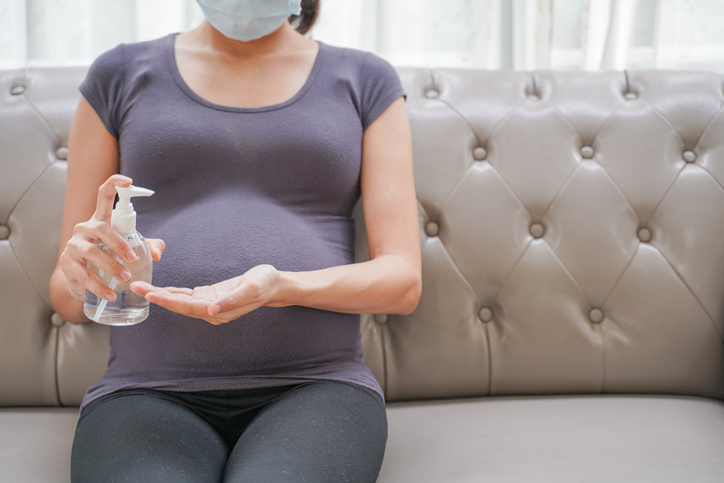The impact of the summer bushfires and COVID-19 on pregnant women and their babies will be determined by a four-part survey being conducted by The Australian National University (ANU).
The four surveys will look at exposure to bushfire smoke, the impact of COVID-19 during pregnancy, childbirth and any health effects and how young families have coped through the year.
Lead ANU researcher Professor Christopher Nolan said the final survey would be held during November to mark 12 months since the beginning of the bushfires.
“I think having a baby in 2020 probably hasn’t been the easiest for some, particularly those who have been impacted by the fires and then COVID-19,” he said.
“The bushfires were unprecedented and with that there were major exposures to smoke, and we don’t know the effects of [bushfire] smoke on babies’ health.
“Hopefully, we find it hasn’t affected them much, which would be the best possible result, but if there are effects, we would like to know what those are.”
The survey is a result of a larger collaboration between ANU, the University of Canberra, the University of Wollongong, Canberra Health Services and NSW Health.
Along with the possible physical health effects, the survey will be looking into the mental wellbeing of mothers during both events.
“With the two crises, we are concerned about the mental health and wellbeing because it really has been a challenging year,” Professor Nolan said.
“I think we will be surprised by the resilience of how young families have coped but we hope to be able to get some grasp of the scope of the challenges they have faced. For example, expecting your mum and dad to be around for the birth of your baby and they are stuck in a different state.”
Zoey Salucci was seven months pregnant during the Black Summer bushfires and describes the intensity of her stress while being evacuated from her home in Cobargo NSW.
“The smoke was so thick that I couldn’t breathe. Being pregnant, your lungs are already squashed, and this made it feel so much worse,” she said.
“I was under the most intense and indescribable stress that I have ever experienced. Not knowing how to escape or what the smoke was doing to my baby was the most horrible feeling.”
Professor Nolan said data from the survey would help to address systems in place in the future.
“We would maybe change the way we enact evacuation and give pregnant women first preference,” he said.
“Or looking at the importance of providing mums really good face masks to mitigate the risk of smoke exposure.
“We hope the data will be helpful for governments and health services to really have a plan that takes into account where mums and babies might be at.”



